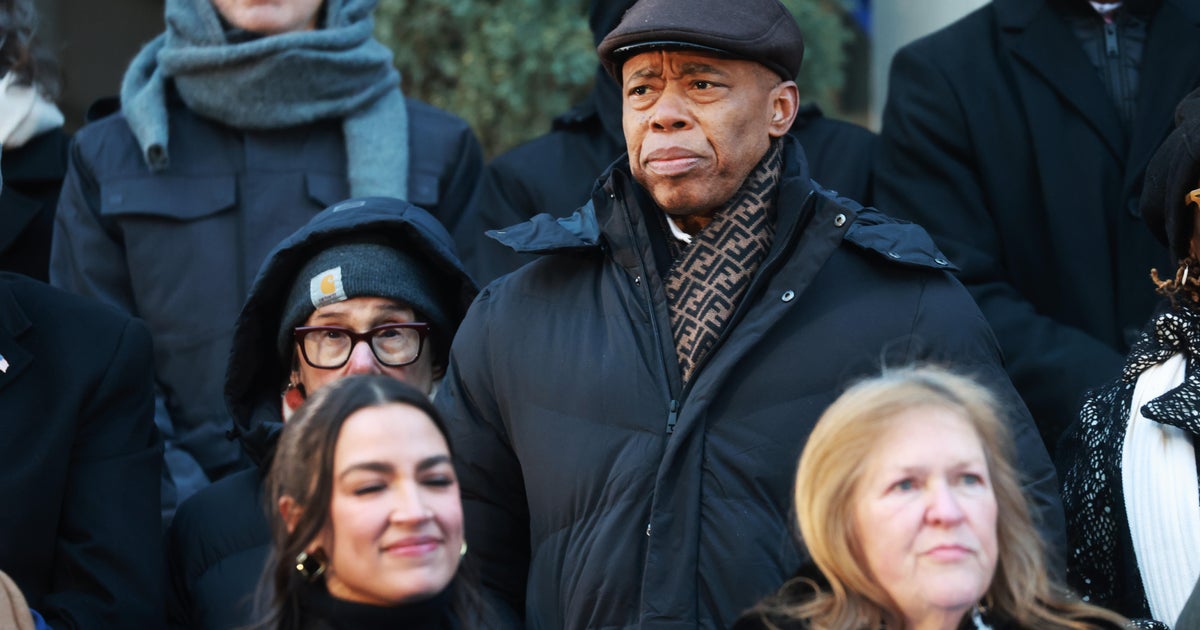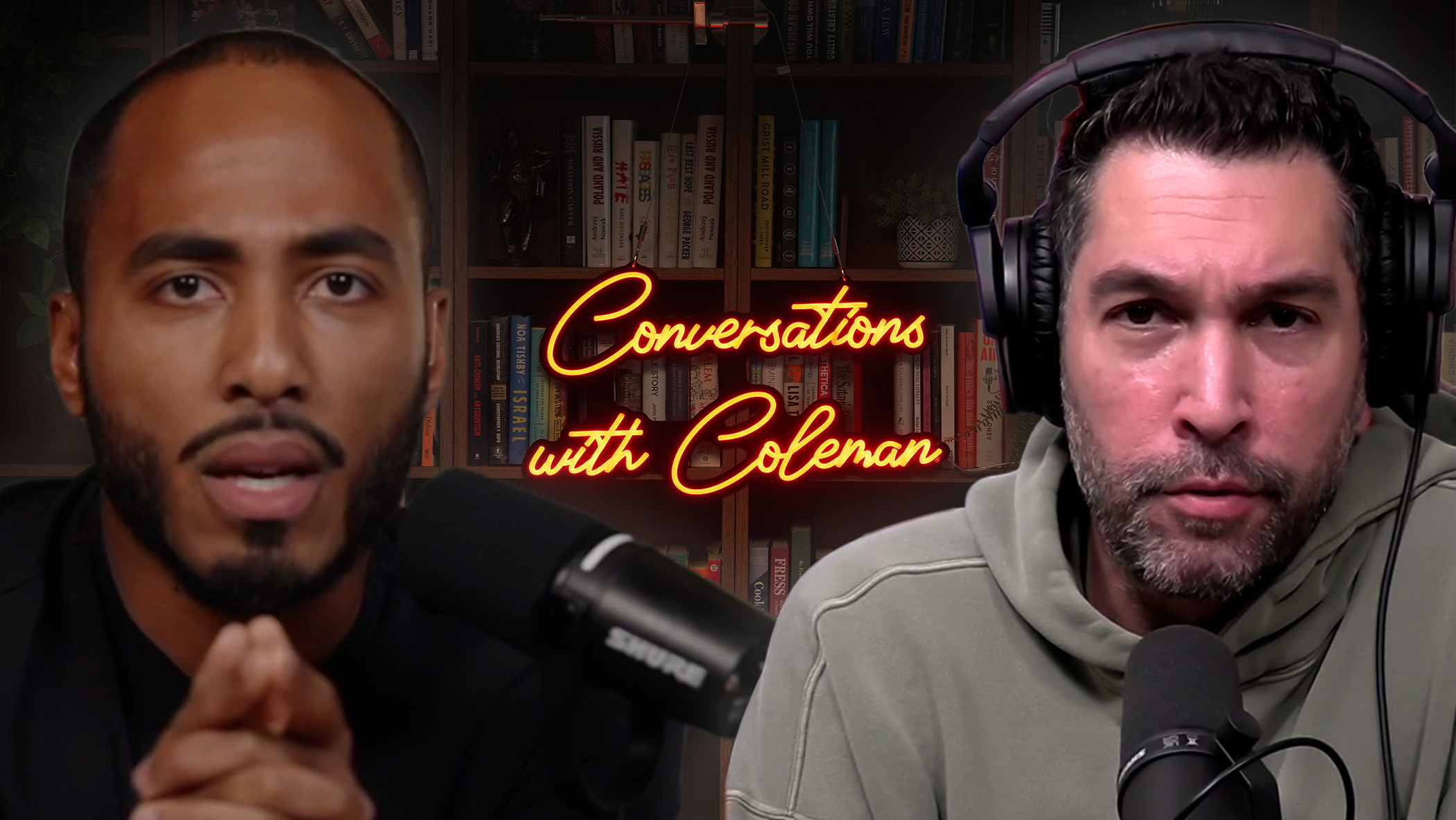Transcript: Rep. Adam Smith on "Face the Nation," June 23, 2019
The following is a transcript of the interview with Democratic Rep. Adam Smith of Washington that aired Sunday, June 23, 2019, on "Face the Nation."
MARGARET BRENNAN: We turn now to the chairman of the Armed Services Committee, Washington Congressman Adam Smith. Good morning to you, Mr. Chairman.
REPRESENTATIVE ADAM SMITH: Good morning. How are you?
MARGARET BRENNAN: Very well. You met with President Trump before we knew he was going to carry out and then call back the strike on Iran. Were you surprised that it didn't happen?
REP. SMITH: No. I mean, based on the conversation we had, it was very clear the president was legitimately torn as to what the correct approach was in response. So it- it doesn't surprise me that he made a last second decision. I think it was also clear that the administration, depending on who you talk to, there's a different policy. I think the National Security Adviser, John Bolton, has one idea of what the policy in Iran ought to be. I think the president has a different one. I think the Department of Defense has a different one as well. So they're moving towards different objectives and that, I think, leads to the tension and the sort of last minute decision we all heard about.
MARGARET BRENNAN: Cyber Command is now its own combatant command. And so, I want to know if you were in any way briefed or have any knowledge about what CBS News has confirmed, which is that President Trump authorized cyber- offensive cyber operations on Iran's missile and rocket systems--
REP. SMITH: Well, if--
MARGARET BRENNAN: --computers powering it.
REP. SMITH: If- if I did I couldn't talk about it. So, the- I don't- I can't really talk about what- what the classified actions are.
MARGARET BRENNAN: Would something like that be sufficient retaliation for the--
REP. SMITH: Well, I think we need to take--
MARGARET BRENNAN: --downing of U.S. drone?
REP. SMITH: I think we need to take a step back here to- to- what- what is the policy? What are we trying to accomplish? I mean, we're in a conversation about what happened with the drone but the drone really was a part- was a small piece of a much larger picture and that is the maximum pressure campaign that this administration has put on Iran. And what's confusing to me is, when the president met with us he emphasized that the purpose of this campaign was to stop Iran from getting a nuclear weapon. Now, we've heard previously, from some other administration people, that it's about Iran's malign activity in the region and certainly there is plenty of it in Syria, in Lebanon and Yemen. But what's it about? What are you trying to accomplish. And if you don't know then what is the plan? The maximum pressure campaign on-
MARGARET BRENNAN: The president says he wants negotiations.
REP. SMITH: Right. But why tear up the JCPOA? And I think that's the worst--
MARGARET BRENNAN: That's the nuclear accord.
REP. SMITH: Right. The nuclear accord. Because if your goal is to stop them from getting nuclear weapons. That agreement was working. And I'll tell you based on my- what I've heard them say--
MARGARET BRENNAN: But it's not now though is what the IAEA is starting to indicate that Iran is--
REP. SMITH: Right. Because--
MARGARET BRENNAN: --ramping up.
REP. SMITH: Because we walked away from it.
REP. SMITH: So we do this maximum pressure campaign to cripple the Iranian economy to back them into a corner where our own intelligence people told us this is what Iran would do. And yet even though we knew they were going to do it we didn't know how to respond. And it's not getting them to the negotiating table. They're not there.
MARGARET BRENNAN: I want to also ask you about immigration.
REP. SMITH: Yes.
MARGARET BRENNAN: You heard my conversation with the vice president and he himself said that some of these conditions at U.S. border facilities where children are being held are unacceptable.
REP. SMITH: Absolutely--
MARGARET BRENNAN: He said Democrats wouldn't approve beds for these facilities
REP. SMITH: Yeah that- that's not true. The problem- look- there is--
MARGARET BRENNAN: Wasn't that a sticking point in one of the authorizations for emergency funding?
REP. SMITH: The- the- the main sticking point is the wall what the president has talked about--
MARGARET BRENNAN: In this round of emergency funding?
REP. SMITH: In- in every negotiation we've had that has been a major sticking point. Number one is the wall. And number two is Democrats do not trust this president to implement a humane policy when it comes to the immigrants. There is--
MARGARET BRENNAN: So, will you vote for it? Emergency funding--
REP. SMITH: I don't know what "it" is--
MARGARET BRENNAN: --to help--
REP. SMITH: It depends on what's- it depends on what's--
MARGARET BRENNAN: --upcoming emergency funding.
REP. SMITH: I'm sorry. It- it- it depends on what's in it. All right I'm not going to vote blindly for whatever they throw at us. And I want to explain why. There is a crisis on the border. No question. The president's policies have contributed to that crisis. His- his maximum pressure campaign on U.S. immigrants has led a lot of people in Central America to think this is their last chance of ever getting into America. And then he cuts off the money that's helping Central America try- try to deal with the economic and- and- and criminal justice problems they have down there to make the situation worse. So the crisis is created and then the proposed solution? Mass deportation and building a wall? Look we need to build better facilities on the border and if we could trust the president to do that to not- I mean look I'm chairman of the Armed Services Committee. The Department of Defense just had about six billion dollars diverted to build a wall. We can't trust this president with the money we give him to not use it for the wrong purposes. That has to be part of the negotiation as well.
MARGARET BRENNAN: So you would only support something that was narrowly focused on just providing say, beds for children or--
REP. SMITH: Absolutely.
MARGARET BRENNAN: --toothbrushes for children?
REP. SMITH: Or- or you know there- there are a lot of different ways to get them into proper housing. Toothbrushes- also there are a lot of private organizations that would take in these migrants while they're awaiting their trial. Work with them. Find alternative solutions and remember a lot of this came as- as then Attorney General Jeff Sessions said, they want to make this as painful as possible so people won't come. It's clear that was the wrong policy.
MARGARET BRENNAN: I want to ask you about what the president also announced today which was that there's a delay in this roundup of migrants who are here illegally and then not following the asylum process. So, continuing to break the law. Do you think that people who don't show up for their court dates should be deported?
REP. SMITH: I think we can implement a better policy. Under the Obama Administration, there was a pilot program that was put in place. That like I said, took migrants who came in seeking asylum, put them into private housing gave them basically, you know, a- a decent place to live. And 98 percent of them showed up for the trial. I do not agree with the vice president on the statistics about how many of these people don't show up. It is not as high a number as he said. If you implemented the proper policy, you wouldn't have to be, you know, ripping families up an- an- and deporting them. So I think we need a better, more humane policy to address what is legitimately a crisis. What's going on with the children in the families at the border right now, is unacceptable in this country, and we must work to fix it.
MARGARET BRENNAN: Unacceptable seems to be the word everyone agrees on, nothing else though. Congressman thank you. We'll be right back with the top Republican on the House Foreign Affairs Committee, Texas Congressman, Mike McCaul.



